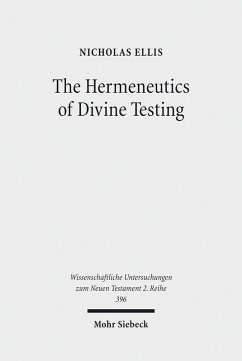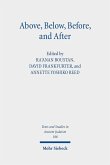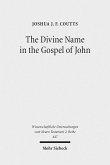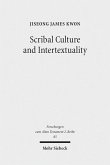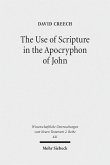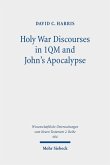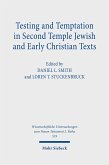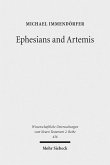Nicholas Ellis examines the interplay present in early Jewish literature between authors' theological assumptions on divine agency in evil and their readings of biblical testing narratives. Ellis takes as a starting point the Epistle of James, and compares this early Christian work against other examples of ancient Jewish interpretation. Ellis shows how varying perspectives on the divine, satanic, and human roles of testing exercised a direct influence on the interpretation of popular biblical testing narratives such as Abraham and Isaac, Job, and the Trials in the Wilderness. Read in light of the broader Jewish literature, Ellis argues that the theology and hermeneutic found in the Epistle of James as such relate to divine testing are closely paralleled by the so-called 'Rewritten Bible' tradition. Within James' cosmic drama, God stands as righteous judge, with the satanic prosecutor indicting both divine integrity and human religious loyalty. Born 1982; 2004 BA in Biblical Languages; 2006 MA in Biblical Studies; 2010 MST in Theology; 2013 DPhil in Theology; 2009-13 College Lecturer of NT and Hellenistic Greek at Wycliffe Hall, University of Oxford and Managing Greek Editor of the BibleMesh Greek Language distance education curriculum; 2013 Visiting Research Scholar at Tyndale House, Cambridge; since 2014 Visiting Research Scholar at Duke University.
Dieser Download kann aus rechtlichen Gründen nur mit Rechnungsadresse in A, B, BG, CY, CZ, D, DK, EW, E, FIN, F, GR, HR, H, IRL, I, LT, L, LR, M, NL, PL, P, R, S, SLO, SK ausgeliefert werden.

